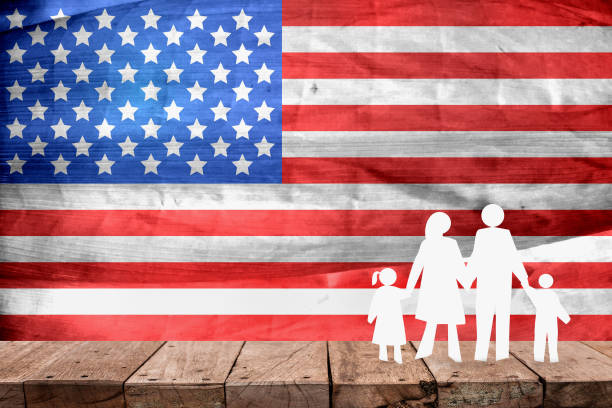Immigration policies play a crucial role in shaping the lives of families seeking to reunite in the United States. Changes in laws and regulations can either make the process smoother or create significant barriers, affecting spouses, children, parents, and siblings of U.S. citizens and lawful permanent residents. Understanding these policies is essential for families navigating the complex immigration system.
Family Reunification: A Core Principle of U.S. Immigration
The U.S. immigration system has long prioritized family unity. Family-based immigration allows U.S. citizens and lawful permanent residents (LPRs) to sponsor certain relatives for green cards, enabling them to live and work in the country legally. This process includes:
✔️ Spousal visas and marriage-based green cards
✔️ Fiancé(e) visas (K-1)
✔️ Petitions for parents, children, and siblings
✔️ Adjustment of status and consular processing
However, evolving immigration policies can either support or hinder these pathways, directly impacting families seeking to reunite.
Recent Immigration Policy Changes and Their Effects
1️⃣ Longer Processing Times
New regulations and administrative delays have significantly increased wait times for family-based petitions. Due to processing backlogs at U.S. Citizenship and Immigration Services (USCIS) and consulates, families often endure years of separation before their petitions are approved.
2️⃣ Stricter Public Charge Rules
Previously, the Public Charge Rule made it harder for some immigrants to obtain green cards if they were deemed likely to depend on government assistance. While this rule was eased in recent years, any future reinstatement could impact families with lower income levels.
3️⃣ Visa Caps and Country Limits
Annual visa caps and per-country limits create long backlogs, especially for certain countries with high numbers of applicants. For instance, family-sponsored visas for countries like Mexico, India, and the Philippines often face extended delays, keeping families apart for years.
4️⃣ DACA Uncertainty
Deferred Action for Childhood Arrivals (DACA) provides protection for young immigrants, but its future remains uncertain due to ongoing legal battles. Policy shifts regarding DACA can affect families who rely on this program for stability.
5️⃣ Pandemic-Related Disruptions
COVID-19 led to consulate closures and visa processing delays, which continue to impact family reunification. Many applicants are still experiencing delays due to backlogs created during the pandemic.
How Families Can Navigate Policy Changes
Given the frequent shifts in immigration policy, families should take proactive steps to protect their immigration status and stay informed about legal updates.
✔️ Consult with an Immigration Attorney – Working with a legal professional ensures that applications are prepared correctly and efficiently.
✔️ Apply Early – Since processing times are unpredictable, submitting petitions as early as possible can help reduce delays.
✔️ Stay Updated on Policy Changes – Immigration laws evolve, and staying informed can help families make better decisions about their legal options.
✔️ Explore Alternative Immigration Options – In cases where traditional family-based immigration pathways are delayed, individuals may consider work visas, humanitarian parole, or other legal avenues.
Immigration policy has a profound impact on family reunification, influencing how and when loved ones can be together. At Malcolm & Robinson Immigration Law, we are committed to helping families navigate the complexities of immigration law and achieve their goal of being together in the U.S.
📞 Need assistance with family-based immigration? Contact us today to discuss your case!




